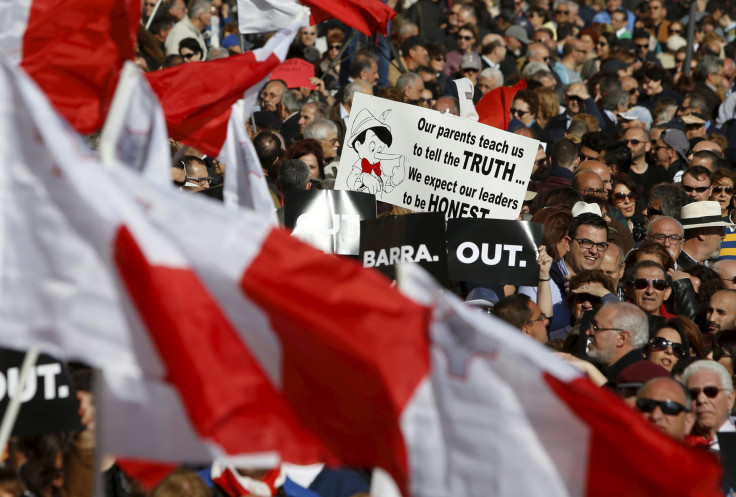Panama Papers News: Report Likens Tax Havens To Disease That Must Be Quarantined, Says They Should Be Cut Off From Global Financial System

Nobel laureate Joseph Stiglitz, who along with Swiss anti-corruption expert Mark Pieth quit the panel set up to investigate the Panama Papers scandal, Tuesday urged international regulators to treat secrecy havens like a disease and cut them off from the global financial system.
Sitglitz, a former World Bank chief economist, and Pieth presented the results of their own investigation in Brussels, saying it should be illegal to open an account in a tax haven, set up an offshore corporation in one or for banks to send money to and receive money from such shelters.
"Regulators should treat secrecy havens like the carriers of a dangerous disease. … They should be cut off from the global financial and economic system," Stiglitz and Pieth wrote.
"Most socially destructive activities … occur behind the cloak of secrecy."
The Panama Papers, some 11.5 million documents from the Panamanian law firm Mossack Fonseca, showed law enforcement could not detect some hidden money, which sheltered the funds not only for tax evasion purposes but facilitated money laundering for a wide range of criminals.
"One client of the Panamanian law firm was the alleged ringleader of a child prostitution ring in Russia, whose members kidnapped, raped, and sold orphan girls," the report said.
"Secrecy havens could be viewed as co-conspirators in these crimes."
The report said the licenses of banks and lawyers involved in the offshore economy, estimated in the trillions of dollars, should be pulled.
“I make a direct link between offshores and these populist politicians,” Pieth told the Guardian. “People get angry because they are the victims of aggressive globalization, but the paradox is populist politicians use those inequalities to come to power and many of them hide their money offshore.”
Pieth said the United Kingdom bears some responsibility.
“Many of these havens are creations of the U.K. They are a legacy of the colonial empire. Either you let them go, or you still keep them under the protective umbrella, but then you have to take responsibility for them,” he told the Guardian. “Britain should see to it that they abide by the rules that have been developed internationally. The British Virgin Islands is one of the biggest problem spots in the world.”
The report does not single out any particular countries but cites the Cayman Islands, British Virgin Islands and Luxembourg, and likened their operations to “the movement of terrorists across borders,” calling it the “darker side of globalization.”
Stiglitz and Pieth recommend countries set up searchable registries, publish information on trusts, require annual fees from companies to ferret out “zombie” corporations and share information on financial dealings within their own borders.
Canadian financial crime expert Kim Marsh called the report’s recommendations “a good idea.”
"It would be difficult to compel people to comply … but there would be ways of enforcing it if the World Bank and IMF [International Monetary Fund] and others got behind it, and they would have to be aggressive," told CBC News.
The Panama Papers leaked last April and ensnared a dozen current and former world leaders. Icelandic Prime Minister Sigmundur David Gunnlaugsson, a Spanish Cabinet minister and members of soccer’s world governing body were among those forced to resign.
Stiglitz and Pieth quit an investigative panel set up by the government of Panama, accusing President Juan Carlos Varela’s administration of interfering with the panel’s operation. The Panamanian government is expected to release its own report before the end of the month.
© Copyright IBTimes 2025. All rights reserved.






















